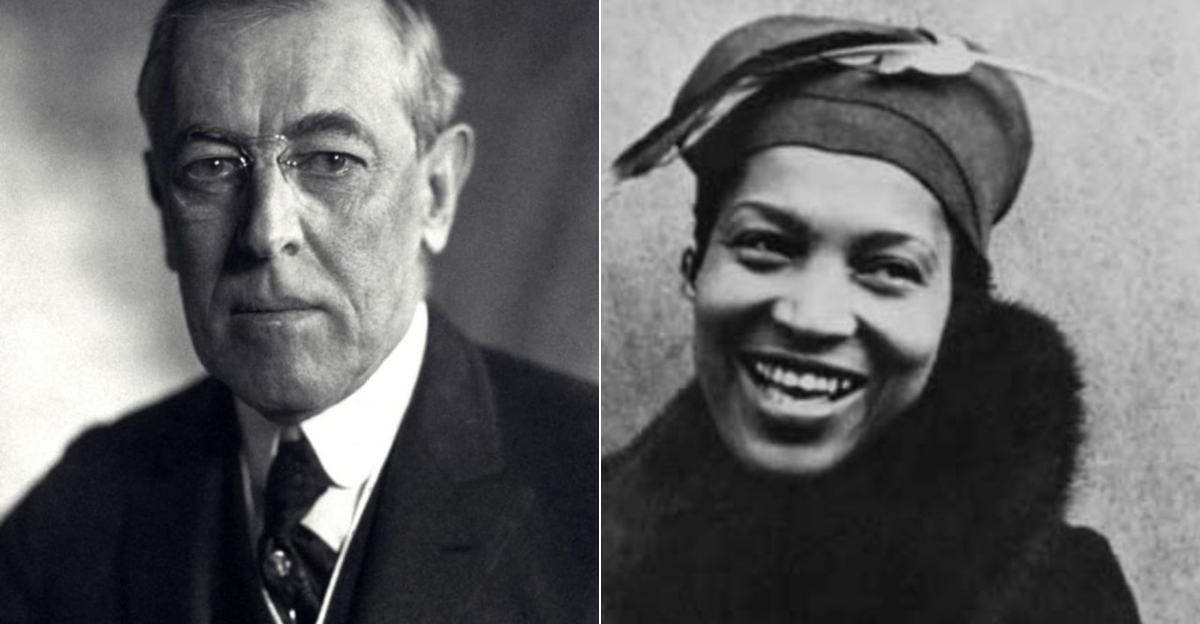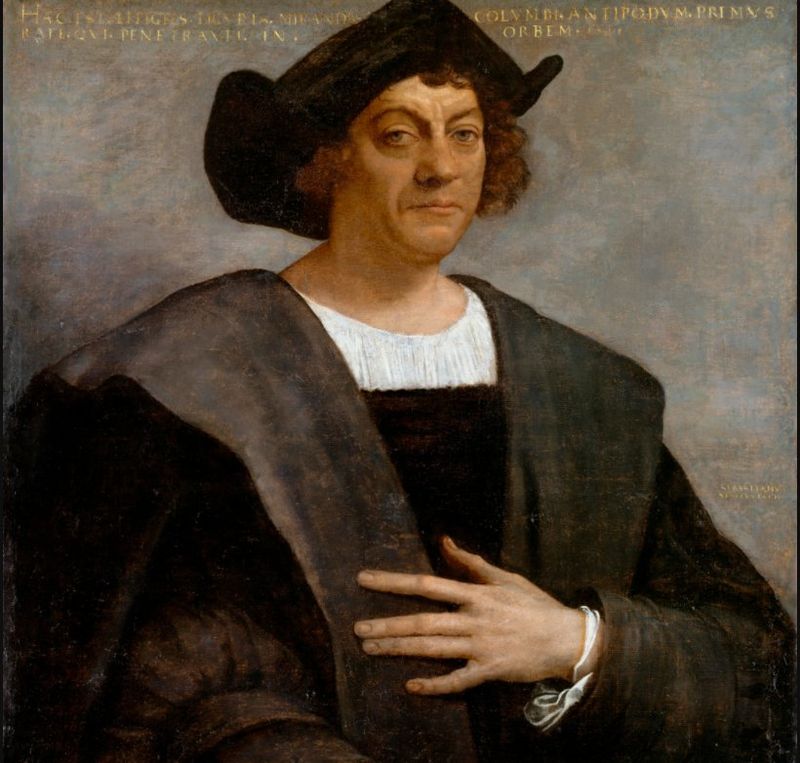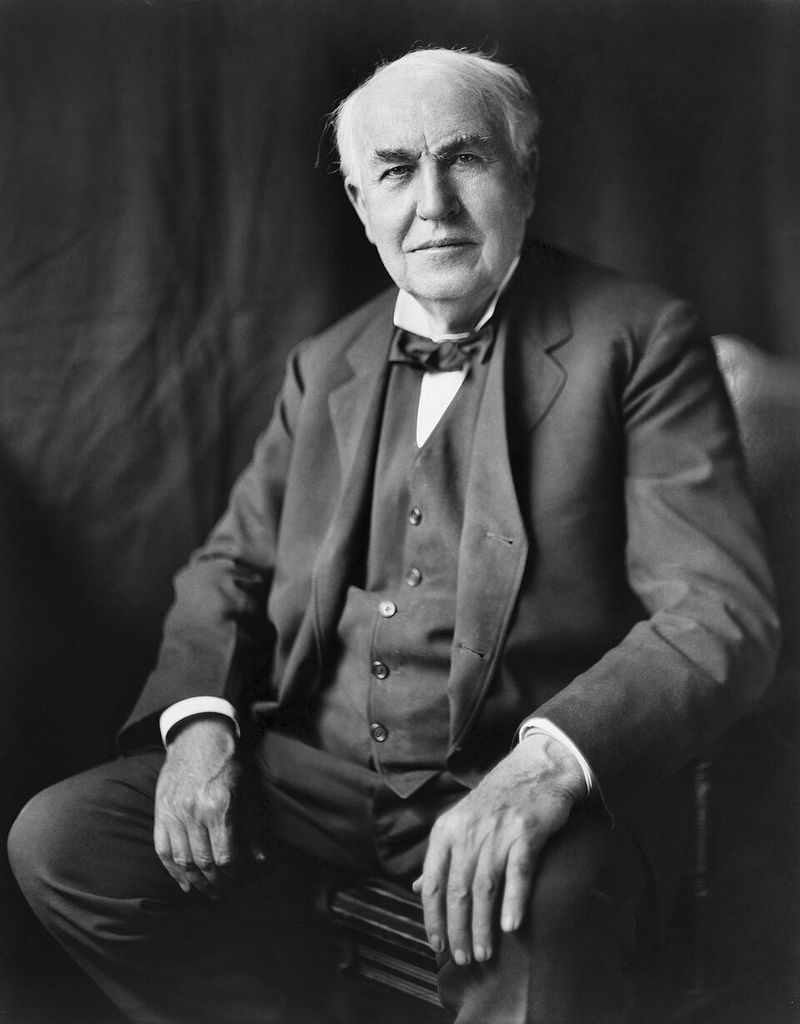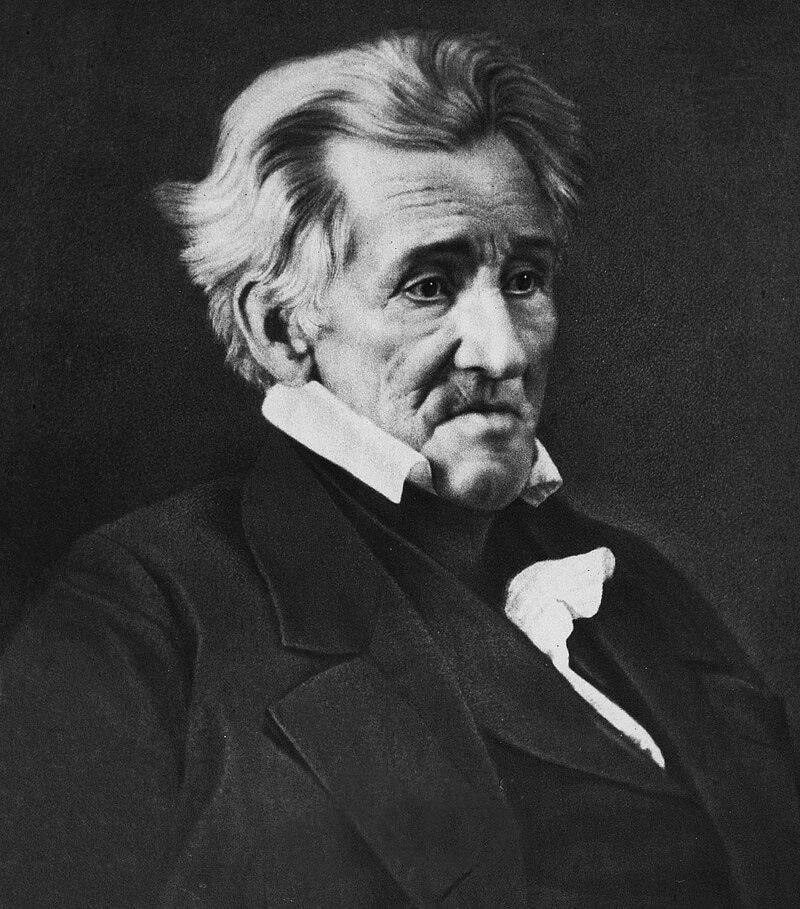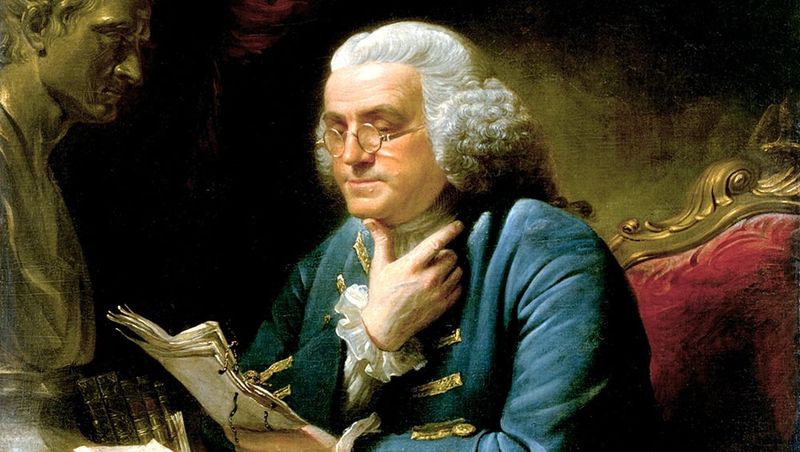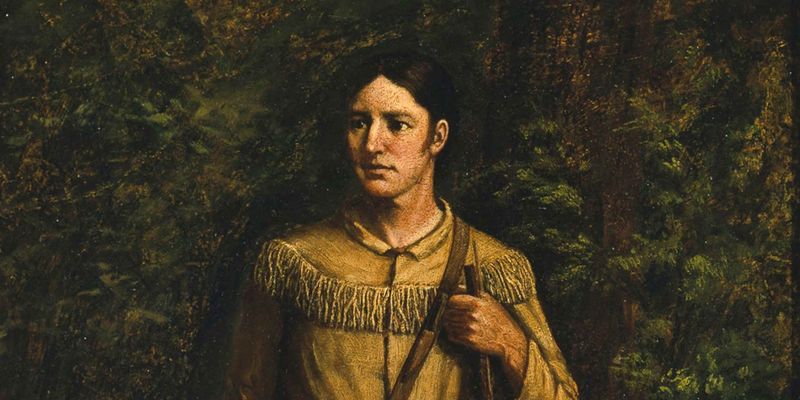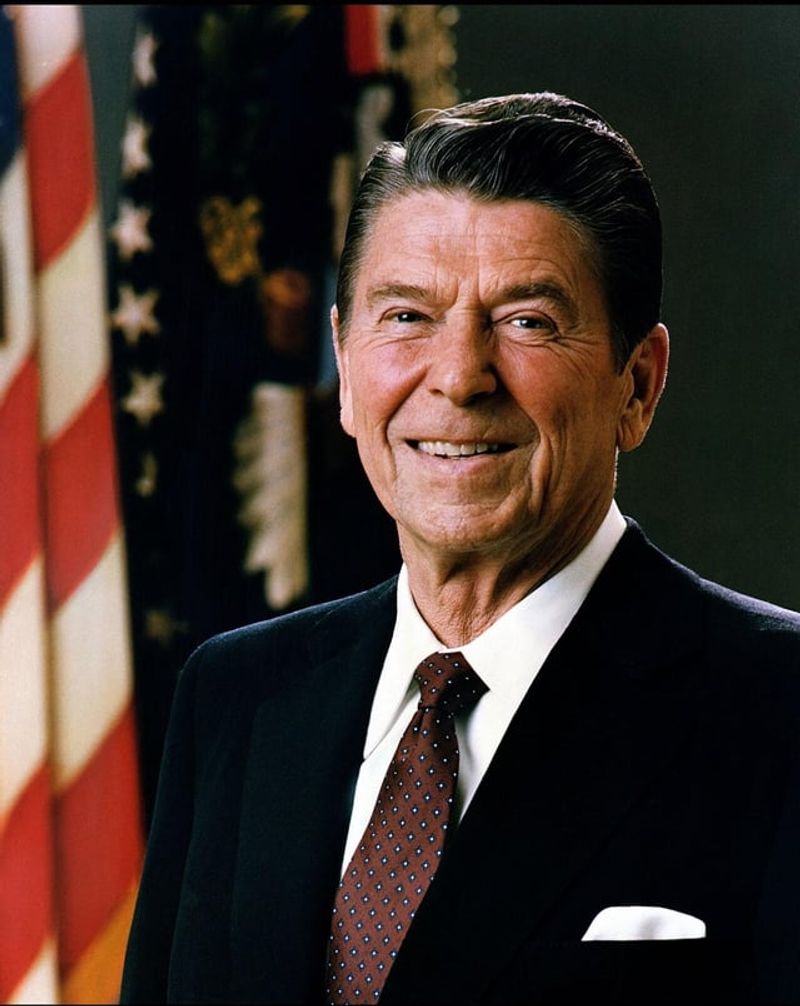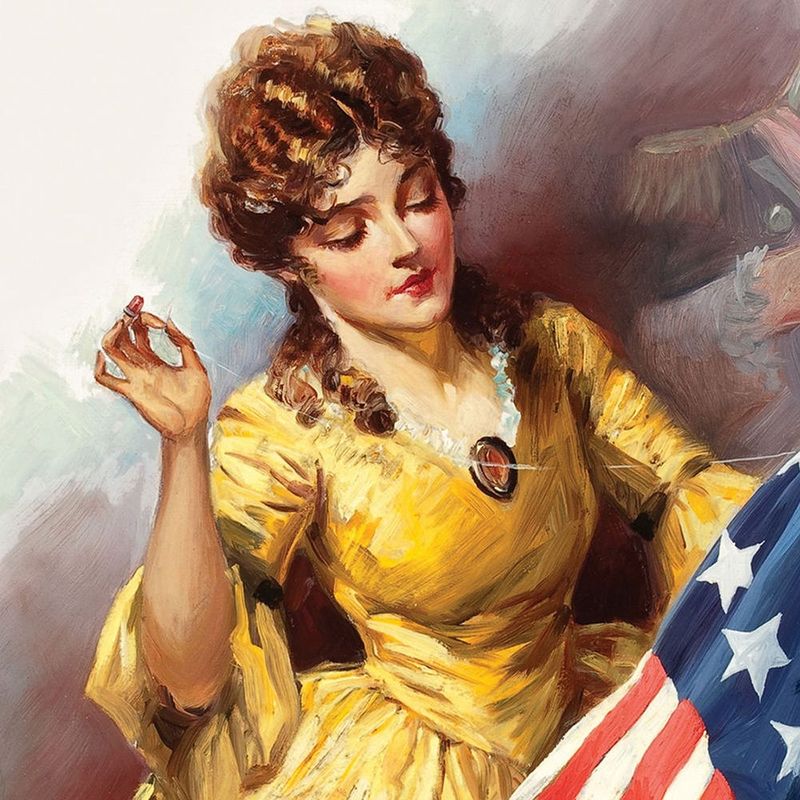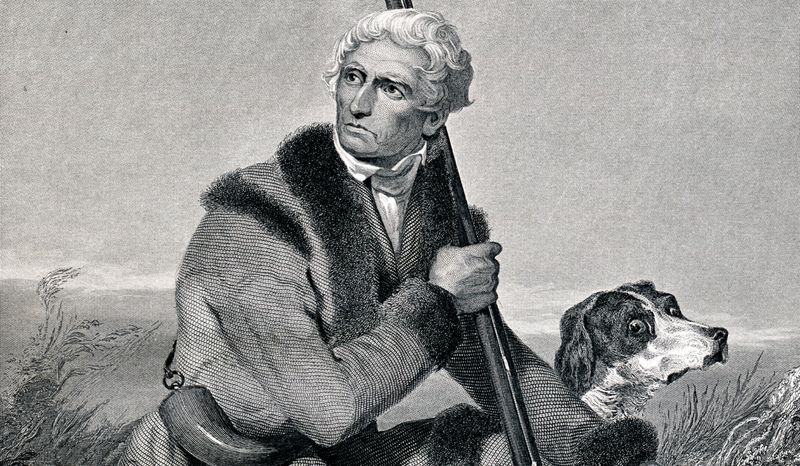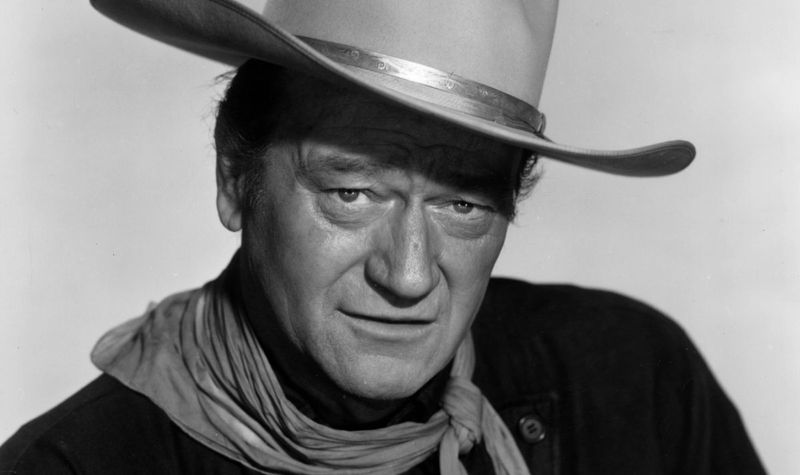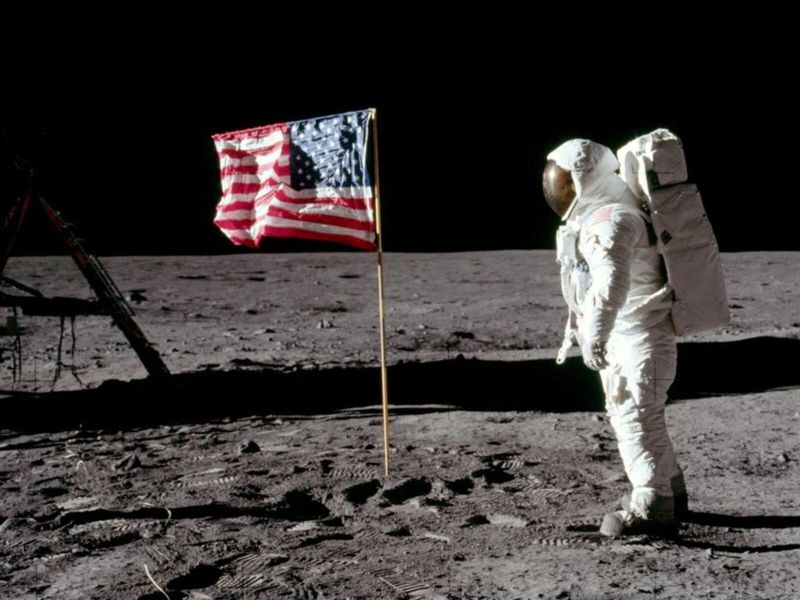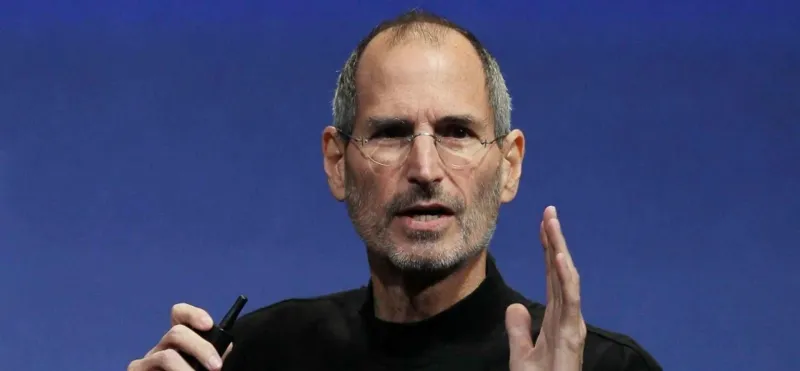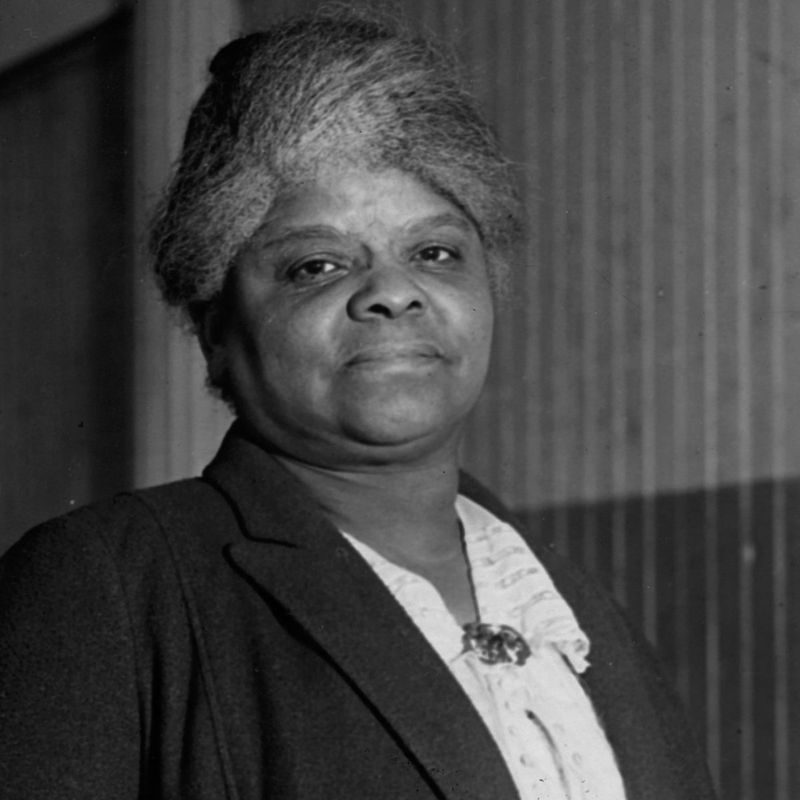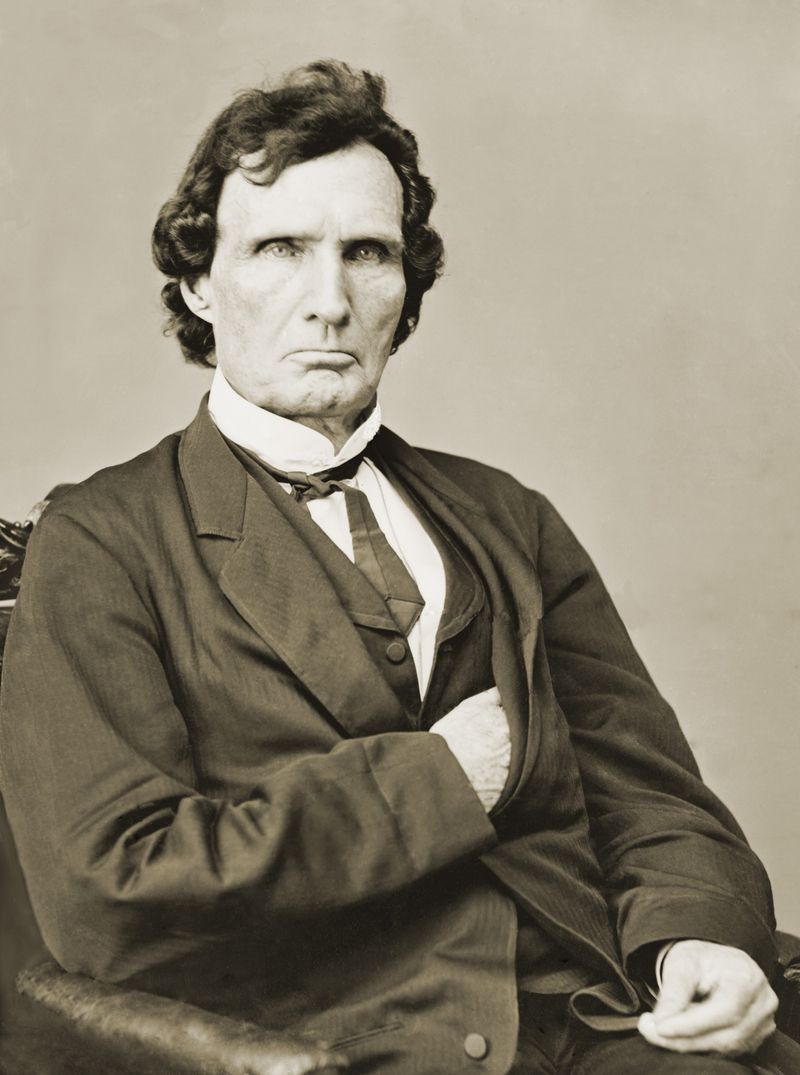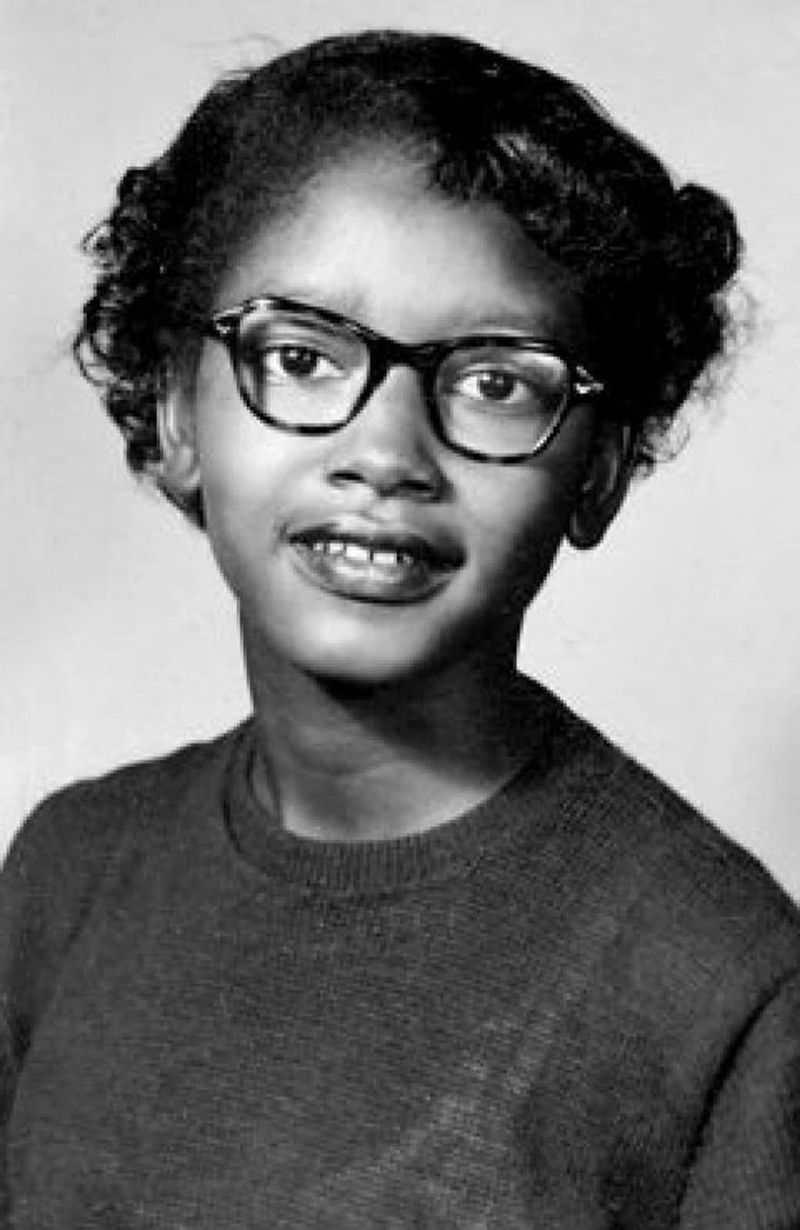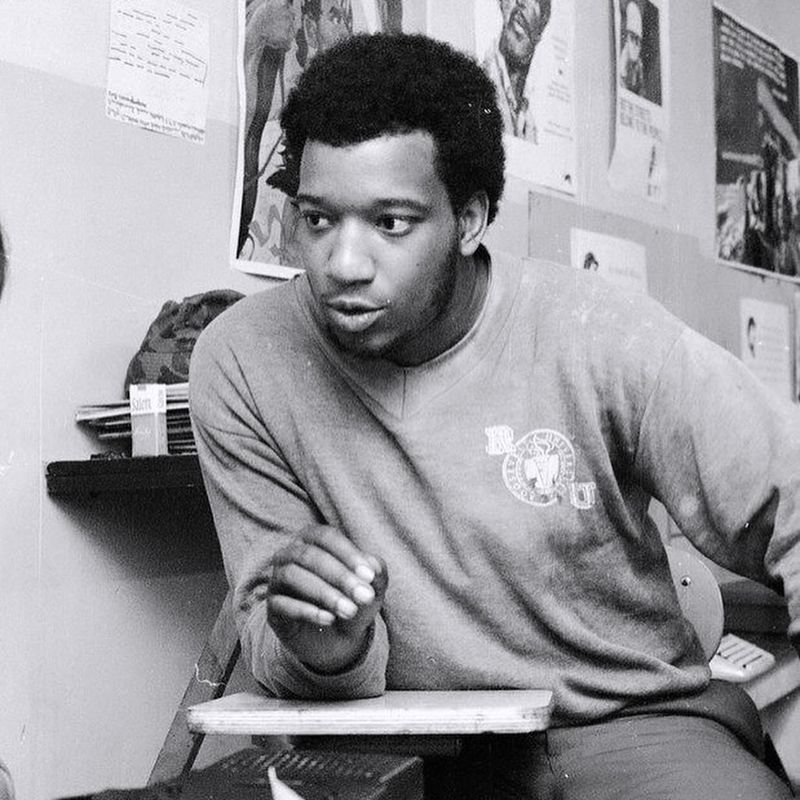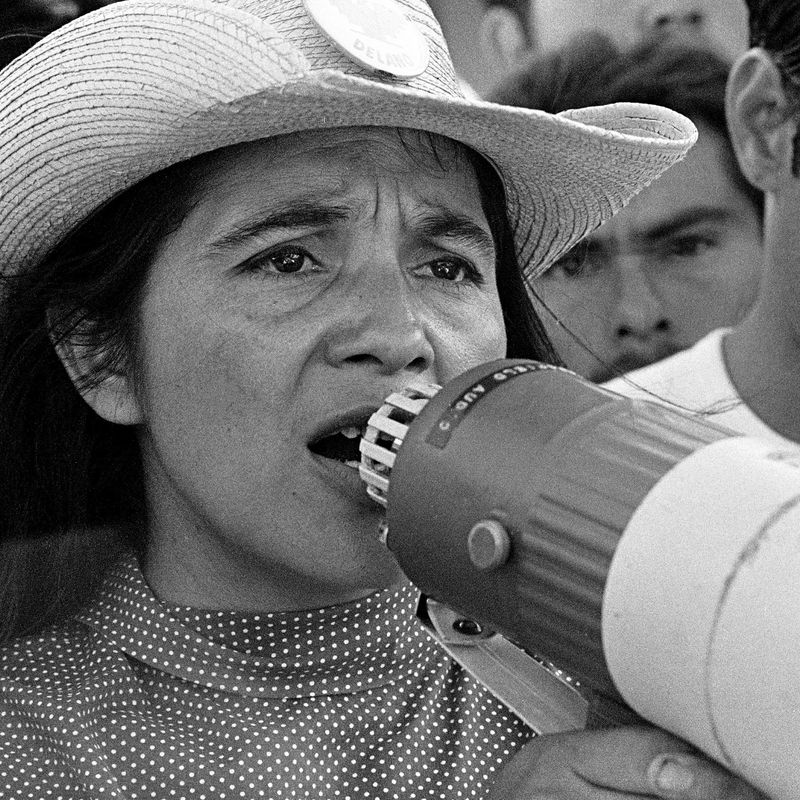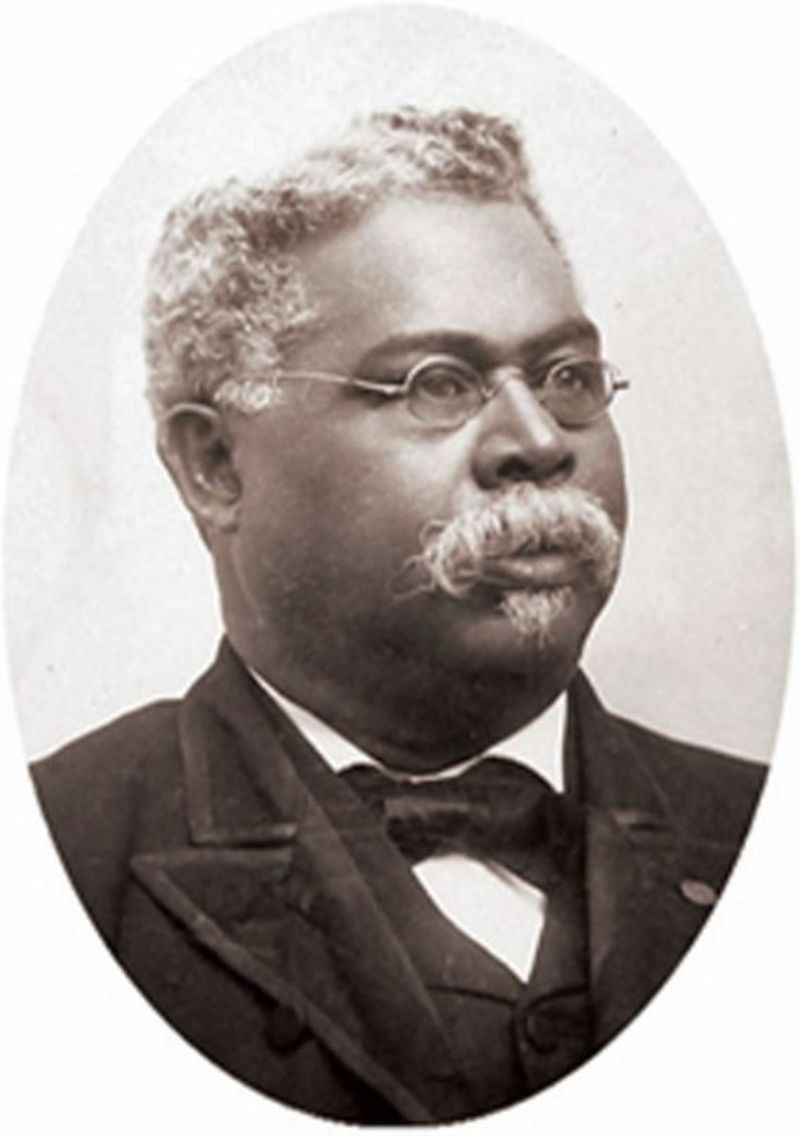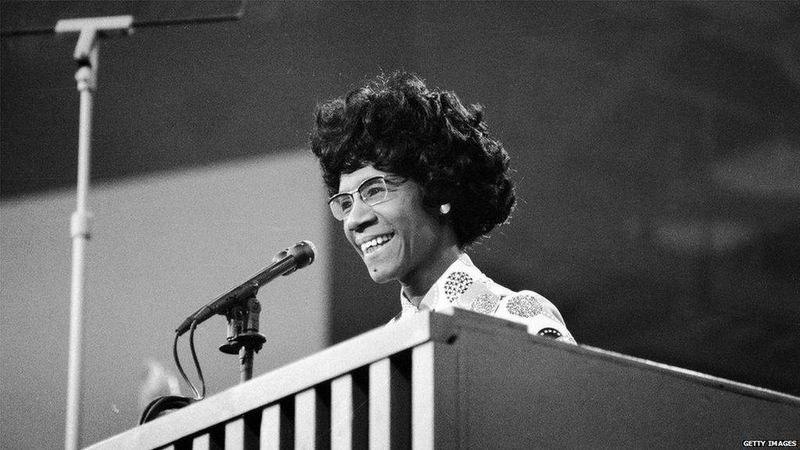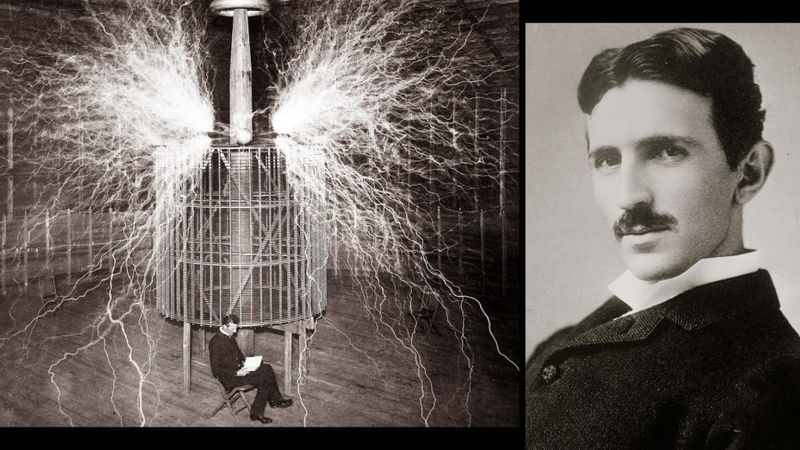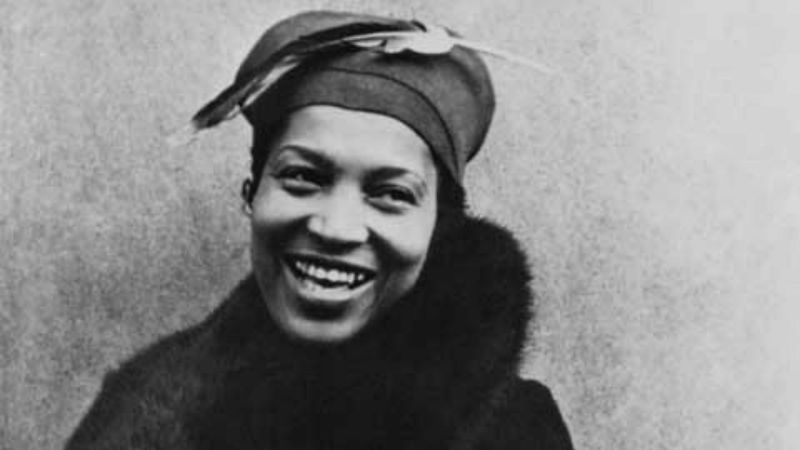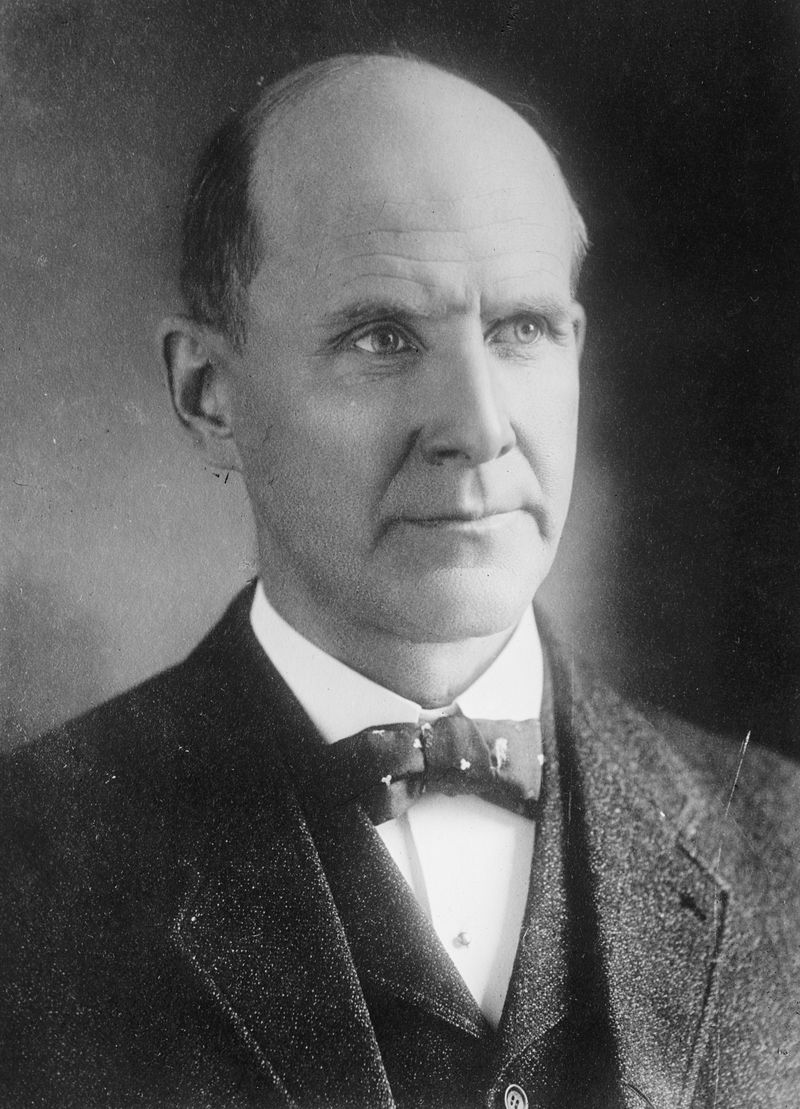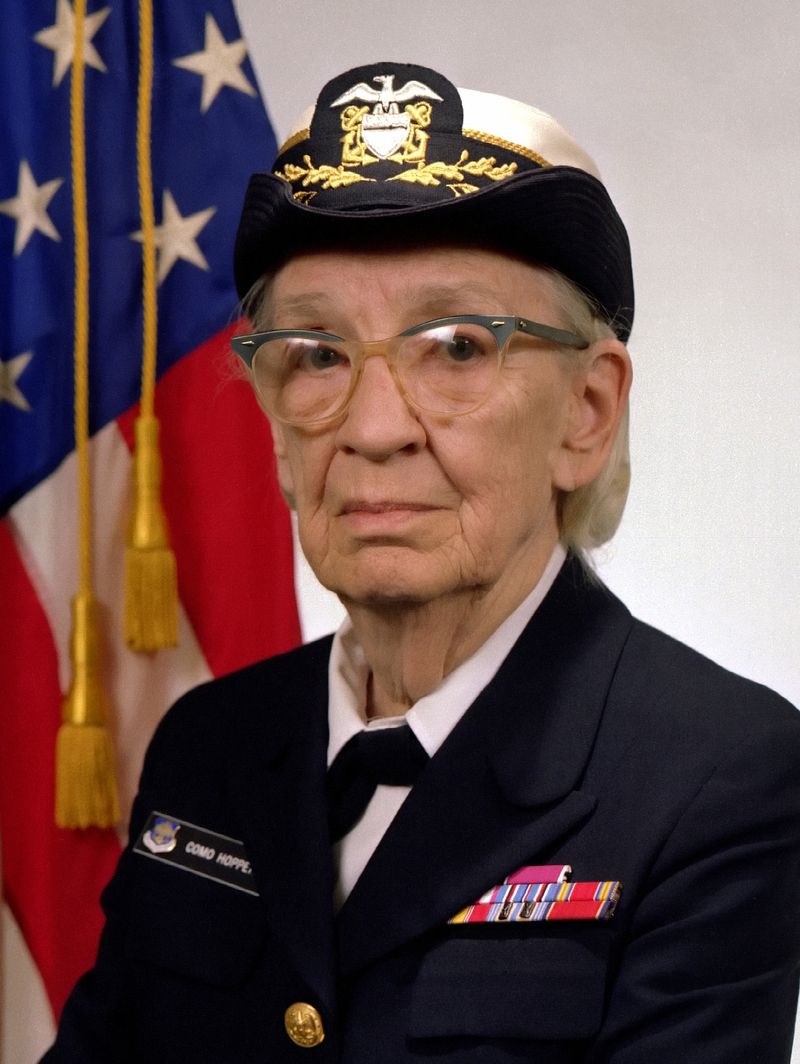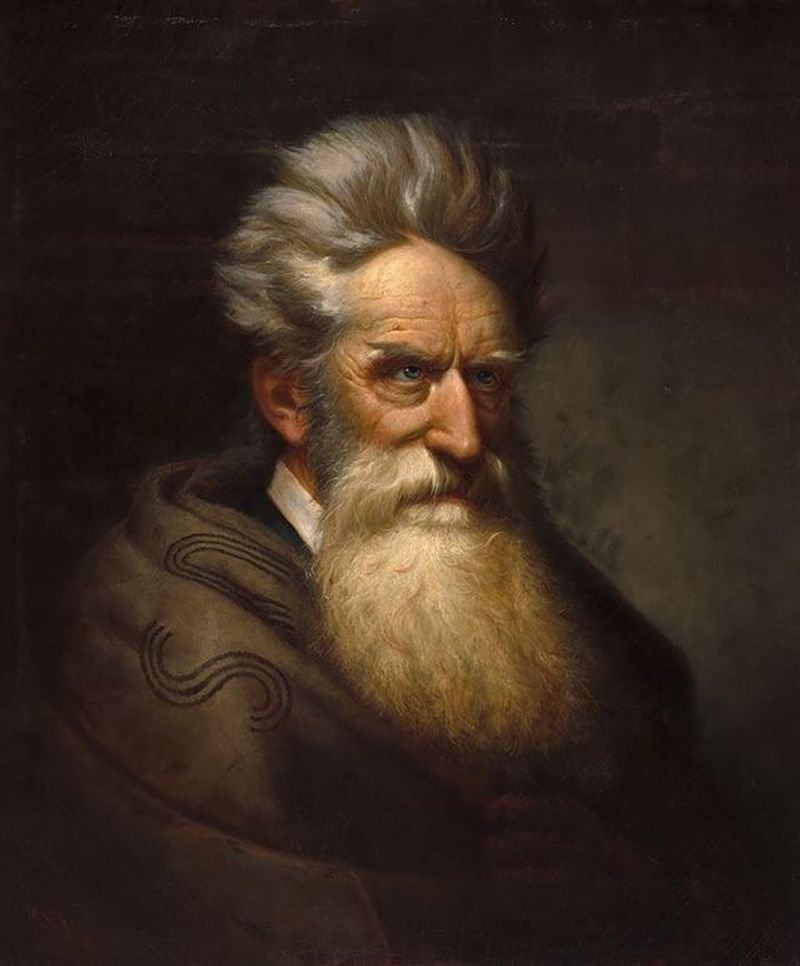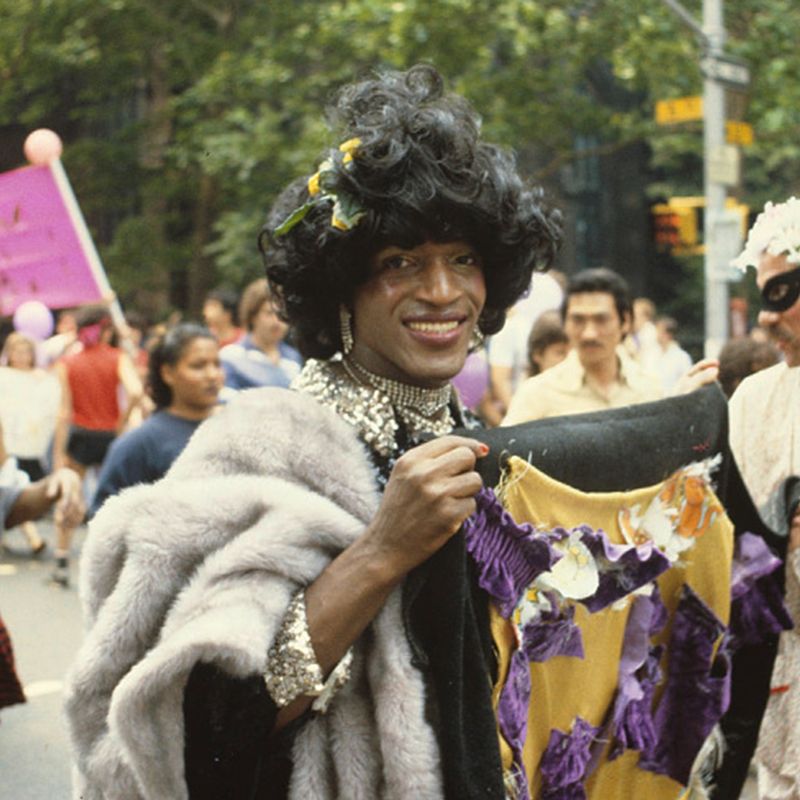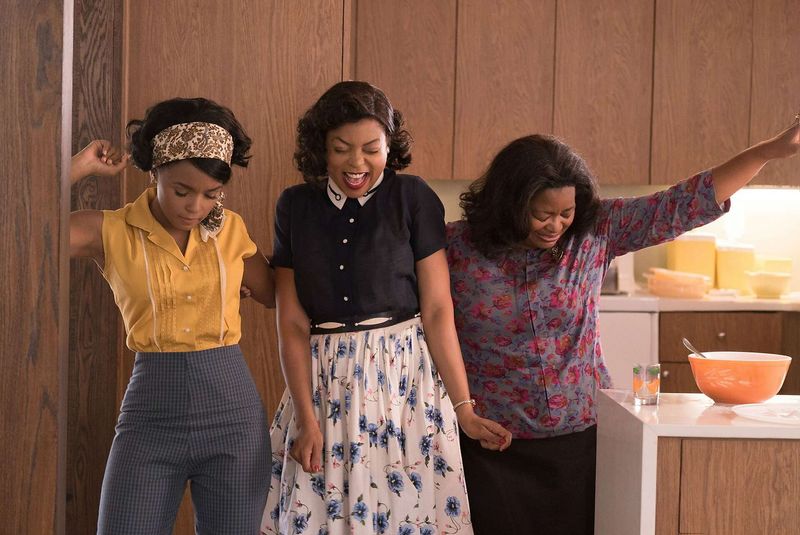Explore the fascinating dynamics of historical recognition in American history, where some figures receive accolades beyond their deeds while others remain in the shadows despite their contributions. This blog post delves into the lives and legacies of 30 personalities, dividing them into the overrated and the underrated. Each section aims to provide a balanced perspective on their achievements and shortcomings, encouraging readers to reflect on the complexities of historical fame and influence.
1. Christopher Columbus
Celebrated as the ‘discoverer of America,’ Christopher Columbus’s legacy is shrouded in controversy. Despite never setting foot on the mainland, his voyages across the Atlantic led to brutal colonization. His interactions with Indigenous populations were marked by violence and exploitation. Columbus’s role in history is often glorified, overshadowing the catastrophic consequences of his expeditions. While his navigational skills are undeniable, the romanticized image of a heroic explorer fails to capture the full spectrum of his impact. Many historians now question the appropriateness of his accolades, advocating for a more nuanced understanding of his legacy.
2. Thomas Edison
Thomas Edison is often remembered as the quintessential American inventor, credited with creating the light bulb. However, his reputation masks a more complex reality. Many inventions attributed to Edison were actually collaborative efforts or even innovations of others, like Nikola Tesla. Edison’s aggressive business tactics overshadow the contributions of his peers. His legacy includes both genius and controversy, as he navigated the competitive world of the Industrial Revolution. Edison’s story serves as a reminder that historical narratives often simplify intricate realities, sometimes granting undue heroism to those who may not deserve it fully.
3. Andrew Jackson
Andrew Jackson is hailed as a populist president, embodying the spirit of the common man. However, his legacy is marred by actions that contradict this image. A slave owner and architect of the Indian Removal Act, Jackson’s policies led to the Trail of Tears, which caused the suffering and deaths of thousands of Native Americans. Despite his political achievements, his tenure is stained by his harsh treatment of minorities. Jackson’s historical standing is a testament to how narratives can overlook grave injustices in favor of more palatable stories of leadership and populism.
4. Woodrow Wilson
Woodrow Wilson’s presidency is often highlighted for progressive reforms, yet his tenure was fraught with contradictions. While advocating for democracy abroad, he resegregated federal offices, reversing gains made by African Americans. Wilson’s praise of the Ku Klux Klan further tarnishes his legacy. His leadership during World War I is overshadowed by his regressive domestic policies. The duality of Wilson’s contributions and prejudices exemplifies the complexity of historical figures, who can simultaneously drive positive change while perpetuating societal inequalities. This dichotomy urges a reevaluation of his place in American history.
5. Paul Revere
Paul Revere’s midnight ride is immortalized in American folklore, thanks in part to Longfellow’s poem. However, Revere’s contribution was just one of many similar acts of patriotism during the American Revolution. Figures like Sybil Ludington undertook similar, if not more daring, rides but remain largely unrecognized. The romanticized version of Revere’s ride overshadows his contemporaries’ efforts. His story highlights how historical spotlight often unfairly favors certain individuals, turning them into legends while others fade into obscurity. Such narratives can distort the collective memory of historical events and their true protagonists.
6. Benjamin Franklin
Benjamin Franklin is celebrated as a brilliant polymath, renowned for his contributions to science and politics. Yet, his personal life and ethics paint a different picture. Franklin was known as a serial womanizer and often took credit for others’ work, like his famous kite experiment. His multifaceted legacy includes both remarkable achievements and moral ambiguities. Franklin’s story is a reminder that historical acclaim often oversimplifies complex personalities, highlighting their successes while glossing over less savory aspects. This duality offers a more balanced view of his character and impact.
7. John F. Kennedy
John F. Kennedy’s presidency is often remembered for its charisma and inspiration, epitomized by his famous call to service. However, his administration’s record is less illustrious. Major events like the Bay of Pigs invasion and escalating Vietnam War reveal a presidency fraught with challenges and limited legislative achievements. Kennedy’s image as a dynamic leader overshadows these shortcomings. While his vision for America was compelling, his tenure was marked by unrealized potential. The contrast between perception and reality in Kennedy’s legacy underscores the power of charisma in shaping historical narratives.
8. Davy Crockett
Davy Crockett’s larger-than-life persona is a staple of American folklore, celebrated for his role at the Alamo. Yet, much of his legend was fabricated, overshadowing his actual contributions. While he was indeed present at the Alamo, he wasn’t its most critical defender. The myth of Crockett as a rugged frontiersman and hero eclipses the reality of a man whose true story is more nuanced. His legacy illustrates how folklore can inflate historical figures, creating heroes out of ordinary individuals. This phenomenon challenges us to differentiate between myth and historical fact.
9. Ronald Reagan
Ronald Reagan is often credited with ending the Cold War, a key part of his political legacy. However, the broader impacts of his presidency are mixed. Policies like trickle-down economics and the handling of the AIDS crisis had significant, often negative, repercussions. The Iran-Contra affair further complicates his legacy, revealing a presidency marked by controversy. Reagan’s mythologized image as a transformative leader oversimplifies his complex tenure. This narrative encourages a reevaluation of his contributions, balancing his Cold War achievements with the domestic challenges his policies engendered.
10. Betsy Ross
Betsy Ross is widely credited with creating the first American flag, a story that has become a cherished part of American folklore. However, historical evidence supporting this claim is sparse, largely stemming from tales shared by her descendants. The legend of Ross as the seamstress of the nation’s flag overshadows the lack of concrete evidence. Her story illustrates how familial narratives can evolve into historical ‘facts’ over time. This tale encourages a more critical examination of how history is recorded and remembered, often blending myth with reality.
11. Henry Ford
Henry Ford revolutionized the automobile industry with his innovative assembly line techniques, transforming manufacturing forever. However, his legacy is complicated by his notorious anti-Semitic views and troubling admiration for Hitler. Ford’s contributions to industry and economy are undeniable, yet they coexist with a darker personal ideology. This dual legacy serves as a reminder of the multifaceted nature of historical figures, whose innovations can coexist with reprehensible beliefs. Ford’s story challenges us to consider both the achievements and moral failings of influential individuals in history.
12. Daniel Boone
Daniel Boone is immortalized as a quintessential American frontiersman, exploring and settling new territories. However, much of his legend was fabricated by writers, casting a shadow over his real-life achievements. Boone’s story exemplifies how myth can overshadow reality, turning ordinary men into legendary figures. The romanticized tales of his wilderness exploits often ignore the complexities of frontier life and the displacement of Native American communities. Boone’s legacy invites a more nuanced understanding of historical narratives, encouraging us to separate embellished stories from factual accounts.
13. John Wayne
John Wayne became the symbol of American toughness and resilience through his roles in Western films. Despite his iconic status, Wayne avoided World War II service and held controversial views on race. His public persona as a rugged hero contrasts sharply with aspects of his personal life. Wayne’s story underscores how Hollywood can create enduring myths, shaping public perception in ways that obscure reality. His legacy challenges us to consider the distinction between an actor’s screen image and their off-screen character, revealing the complexities of fame.
14. Neil Armstrong
Neil Armstrong is celebrated as the first human to set foot on the moon, a historic achievement. However, his iconic status sometimes eclipses the contributions of thousands of NASA engineers and his fellow astronaut, Buzz Aldrin. Armstrong’s story highlights how individual achievements can overshadow collective efforts in monumental endeavors. While his ‘giant leap for mankind’ remains unparalleled, it’s essential to recognize the collaborative nature of space exploration. This narrative invites a broader appreciation of all those who made lunar exploration possible, not just its most visible participants.
15. Steve Jobs
Steve Jobs is revered as a visionary marketer and innovator, a key figure in the rise of Apple. Yet, his legacy is marred by reports of harsh management and idea appropriation, such as the GUI from Xerox. Jobs’s brilliance in technology and marketing is tempered by his controversial leadership style. His story illustrates the dual nature of innovation, where groundbreaking ideas can coexist with ethical challenges. Jobs’s legacy invites reflection on the balance between creative genius and interpersonal dynamics, urging a nuanced view of his impact on technology.
1. Bayard Rustin
Bayard Rustin was a master strategist of the Civil Rights Movement, instrumental in organizing the March on Washington. However, his contributions were overshadowed by his identity as a gay man, sidelining him in historical narratives. Rustin’s strategic genius and dedication to justice were pivotal in the movement’s successes. His story highlights the intersection of social justice and personal identity, showcasing how societal biases can obscure the achievements of even the most influential figures. Rustin’s legacy calls for an inclusive remembrance of all those who fought for equality.
2. Ida B. Wells
Ida B. Wells was a fearless journalist who courageously exposed the horrors of lynching and championed women’s suffrage. Despite her groundbreaking work, she often remains overshadowed by figures like MLK and Susan B. Anthony. Wells’s relentless pursuit of justice laid crucial groundwork for future civil rights advancements. Her story is a testament to the power of journalism in challenging societal injustices. Wells’s legacy deserves greater recognition as a pioneering force in both racial and gender equality, inspiring future generations to continue the fight for justice and equity.
3. Thaddeus Stevens
Thaddeus Stevens was a Radical Republican who championed racial equality and land redistribution following the Civil War. His progressive vision for America was far ahead of his time, advocating for societal changes that remain relevant today. Despite his significant contributions, Stevens’s legacy is often overshadowed by more mainstream historical figures. His dedication to justice and equality illustrates the enduring struggle for civil rights, highlighting the importance of pioneering voices in shaping a more inclusive society. Stevens’s story calls for a reevaluation of his impact on American history.
4. Claudette Colvin
Claudette Colvin was a courageous teenager who refused to give up her bus seat months before Rosa Parks’s iconic protest. Her act of defiance was a pivotal moment in the Civil Rights Movement, yet her contributions remain largely unrecognized. Colvin’s story underscores the role of young activists in driving societal change, challenging the notion that only certain figures can inspire movements. Her bravery set a precedent for future protests, inspiring others to stand against racial injustice. Colvin’s legacy calls for a more inclusive recognition of civil rights pioneers.
5. Fred Hampton
Fred Hampton was a charismatic leader of the Black Panther Party, whose work in coalition-building was revolutionary. His life was tragically cut short when he was assassinated by the FBI at just 21. Hampton’s dedication to social justice and community empowerment left an indelible mark on the movement for racial equality. His legacy highlights the risks faced by those who challenge systemic oppression and the importance of recognizing their contributions. Hampton’s story calls for an acknowledgment of the sacrifices made by young leaders who dared to envision a more just world.
6. Dolores Huerta
Dolores Huerta co-founded the United Farm Workers alongside Cesar Chavez, playing a pivotal role in labor rights advocacy. Despite her significant contributions, Huerta’s legacy is often overshadowed by her male counterpart. Her relentless dedication to social justice and worker’s rights deserves greater recognition. Huerta’s story exemplifies the critical role of women in movements for change, challenging traditional narratives that often minimize their impact. Her leadership and advocacy continue to inspire new generations of activists, urging a reevaluation of her place in history as a champion of equality and justice.
7. Robert Smalls
Robert Smalls escaped slavery by commandeering a Confederate ship, showcasing remarkable courage and ingenuity. He went on to become a Congressman, fighting tirelessly for education and civil rights. Despite his extraordinary achievements, Smalls’s legacy remains largely uncelebrated. His story exemplifies the resilience and determination of African Americans in the face of adversity, highlighting the contributions of lesser-known figures in shaping history. Smalls’s life calls for a more inclusive understanding of historical narratives, recognizing the diverse voices that have played pivotal roles in America’s past.
8. Shirley Chisholm
Shirley Chisholm was the first Black woman elected to Congress and the first to run for the presidency in 1972. Her pioneering efforts paved the way for future leaders like Barack Obama and Kamala Harris. Despite her groundbreaking achievements, Chisholm’s legacy is often underappreciated. Her story highlights the importance of representation and the impact of trailblazers in breaking barriers. Chisholm’s fearless advocacy for social justice remains an inspiration, urging a reevaluation of her contributions to American politics and her role as a catalyst for change.
9. Nikola Tesla
Nikola Tesla was a brilliant inventor whose work on alternating current and radio was groundbreaking. Despite his contributions, Tesla’s legacy is often overshadowed by contemporaries like Thomas Edison. His innovative spirit and unorthodox approach to science paved the way for many technological advancements. Tesla’s story serves as a reminder of the importance of recognizing those whose genius went unappreciated in their time. His legacy calls for a reevaluation of the contributions of overlooked inventors who have fundamentally shaped modern technology and their rightful place in history.
10. Zora Neale Hurston
Zora Neale Hurston was a brilliant writer and anthropologist during the Harlem Renaissance, yet she died in obscurity. Her work, rich with cultural insights and vibrant storytelling, was often overlooked in favor of white authors profiting from similar narratives. Hurston’s legacy is a testament to the resilience and creativity of Black artists whose voices were marginalized. Her stories offer a unique perspective on African American culture and history, inviting a reevaluation of her impact on literature. Hurston’s life calls for greater recognition of diverse voices in shaping the American literary canon.
11. Eugene Debs
Eugene Debs was a prominent socialist leader who ran for president from prison, challenging corporate power when few dared. His advocacy for workers’ rights and social justice laid the groundwork for future labor movements. Despite nearly securing a million votes, Debs’s contributions are often overlooked in mainstream narratives. His story highlights the enduring struggle for economic equality and the courage required to confront entrenched systems. Debs’s legacy calls for a broader appreciation of those who championed alternative political ideologies in pursuit of a more just society.
12. Grace Hopper
Grace Hopper was a pioneering computer scientist who invented COBOL, a programming language that remains influential today. Despite her groundbreaking work, tech history often highlights male counterparts like Jobs and Gates. Hopper’s legacy is a testament to the vital role of women in shaping the digital age, challenging stereotypes within the tech industry. Her story underscores the importance of recognizing diverse contributions to technological advancements. Hopper’s life calls for greater acknowledgment of the trailblazers who have paved the way for future generations in computing and innovation.
13. John Brown
John Brown was a radical abolitionist whose attack on Harper’s Ferry was a pivotal moment in the fight against slavery. Although considered a terrorist in his time, his actions are now seen as courageous defiance against an unjust system. Brown’s legacy underscores the complexities of moral and political activism, highlighting the lengths individuals will go to challenge oppression. His story invites a nuanced understanding of how historical perceptions evolve, recognizing the bravery and conviction required to confront deeply rooted injustices. Brown’s life calls for a reevaluation of activism’s role in societal transformation.
14. Marsha P. Johnson
Marsha P. Johnson was a key figure in the Stonewall uprising and a tireless advocate for LGBTQ+ rights. Despite her contributions, her legacy is often erased from mainstream LGBTQ+ history. Johnson’s activism and resilience made significant strides for transgender and queer communities, challenging societal norms. Her story highlights the importance of recognizing diverse voices within social movements and the impact of intersectionality on activism. Johnson’s life calls for greater acknowledgment of the pioneers who have fought for LGBTQ+ equality, inspiring future generations to continue advocating for justice.
15. The Hidden Figures (Katherine Johnson, Dorothy Vaughan, Mary Jackson)
Katherine Johnson, Dorothy Vaughan, and Mary Jackson were pivotal in NASA’s space missions, yet their contributions were ignored for decades. Their brilliance and determination broke racial and gender barriers, laying the groundwork for future advancements in space exploration. Their story exemplifies the importance of recognizing the diverse talents that have shaped history. The legacy of these hidden figures is a testament to the power of perseverance and the necessity of inclusive storytelling. Their contributions invite a reevaluation of the narratives surrounding scientific achievements, highlighting the role of unsung heroes.
